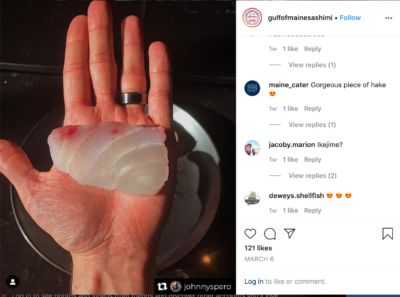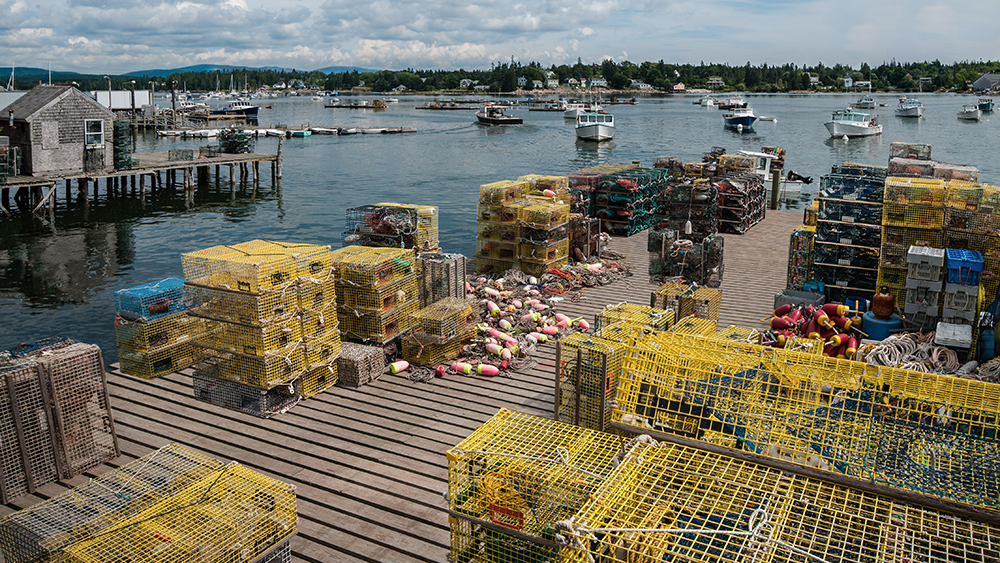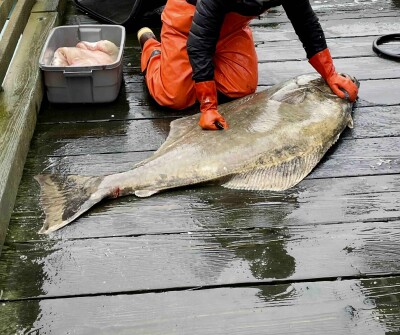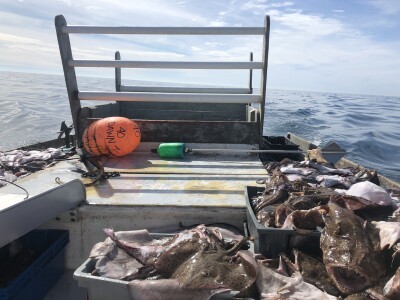The topic of food security has been on the mind of forward thinkers for years now, who primarily have focused on access to food as affected by natural disasters. As Covid-19 closes ports, markets and distributors, and social distancing practices threaten the supply chain for goods and services, many of us are discovering how valuable local products are.
Some of my Maine-based social media groups have been filled with posts from the staff of locally owned stores, detailing the products they have for sale, and from local farmers hoping to find new distribution points for their goods and to remind local buyers that not everything is sold out, despite the popularity of Empty Shelf Shots.
I'm feeling lucky to live in a state with small-scale farmers and fishermen. The products being delivered locally are made, grown and caught right here. On Friday, as my office was closing for the foreseeable future, I hauled home 20 pounds of Maine blueberries and 10 pounds of Gulf of Maine scallops for the freezer.
This pandemic is a reminder that a global marketplace can satisfy our worldly desires, but it cannot sustain us through deeply troubled times when our access is limited. Diversification of markets would ideally include expanding local distribution points, as well as global ones. And if we as consumers want access to our local products in times of trouble, then we have to keep buying them even when the world opens up to us again.
Maine's local fishing industry is being hammered not because they are restricted from fishing, but because many of the buyers aren't buying. And for those that are still buying, the prices are so soft, it's hardly worth the effort and expense. Not to mention that captains provisioning boats for longer fishing trips are having trouble stocking supplies for the crew.
The Hawaii Longline Association is reportedly limiting landings and trying to stagger boats coming into port.
Alaska's halibut season is opening to soft prices.
Some West Coast crabbers are pulling up their gear for want of buyers.
Grocery chains are reporting an increase in canned fish sales. However, the labor for many canneries comes from overseas, and their movement is restricted for the time being.
So how can you buy local fish? As restaurants take a hit and grocery stores feel the pressure of filling the gap, now is the time to get take-out if you can.
Luke's Lobster has locations all over the country that are offering curbside pickup and delivery.

Have you ever seen hake like this? Gulf of Maine Sashimi sells local fish caught and processed using ikejime techniques.
If you're able to pick up in Topsham, Buxton or Portland, Gulf of Maine Sashimi is taking orders for some of the best-quality fish you'll ever see and for remarkable prices.
Eventually, we will see the bright spots that come from this. From every disaster emerges opportunities and lessons learned. I hope for all of us that includes better access to local fisheries and a renewed faith in the value of our working waterfronts.







